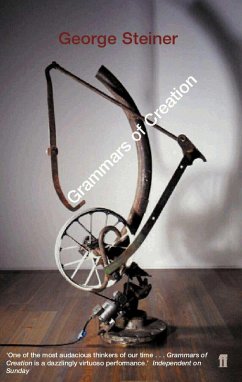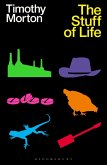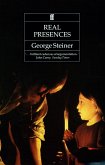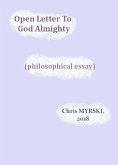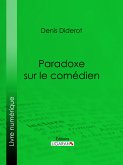Are great works of art, literature and music 'creations' or 'inventions'? Does the mathematician 'invent' or 'discover'? Exploring an often neglected field, this book asks whether the current revolutions in our means of communication and in the biological sciences, may bring with them radical changes in the concept of individual creation and of poetic and philosophical invention. Are we returning to ancient anonymities and collectivities in aesthetic and intellectual experience? Are music and architecture now at the frontier where, as Plato would have it, truth and beauty meet? In
Grammars of Creation the eminent critic George Steiner brings his unparalleled acumen and erudition to bear on these and other questions.
'This is a mesmerising book . . . Expressed in prose that is unfailingly apt, luminous and evocative.'
Guardian
Dieser Download kann aus rechtlichen Gründen nur mit Rechnungsadresse in A, B, BG, CY, CZ, D, DK, EW, E, FIN, F, GR, H, IRL, I, LT, L, LR, M, NL, PL, P, R, S, SLO, SK ausgeliefert werden.

